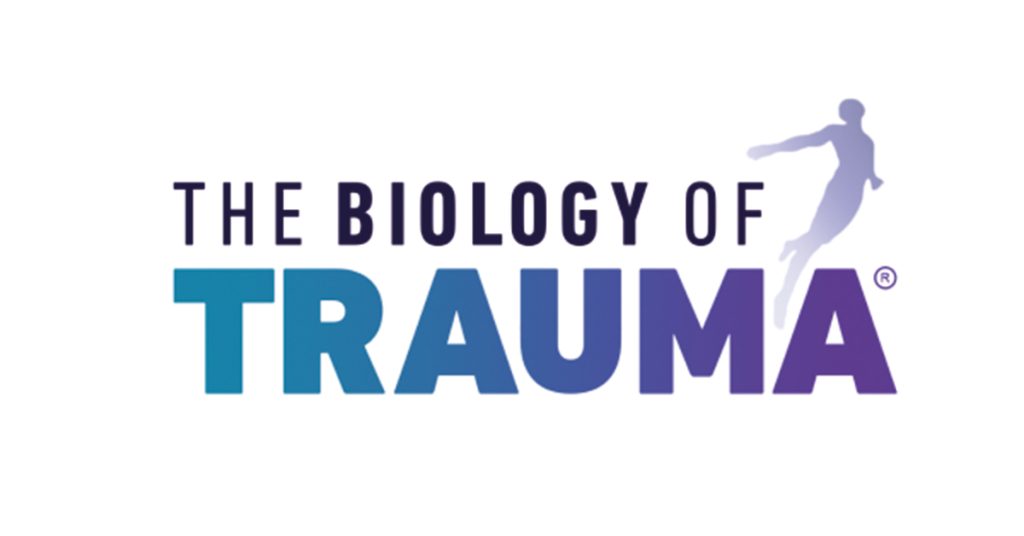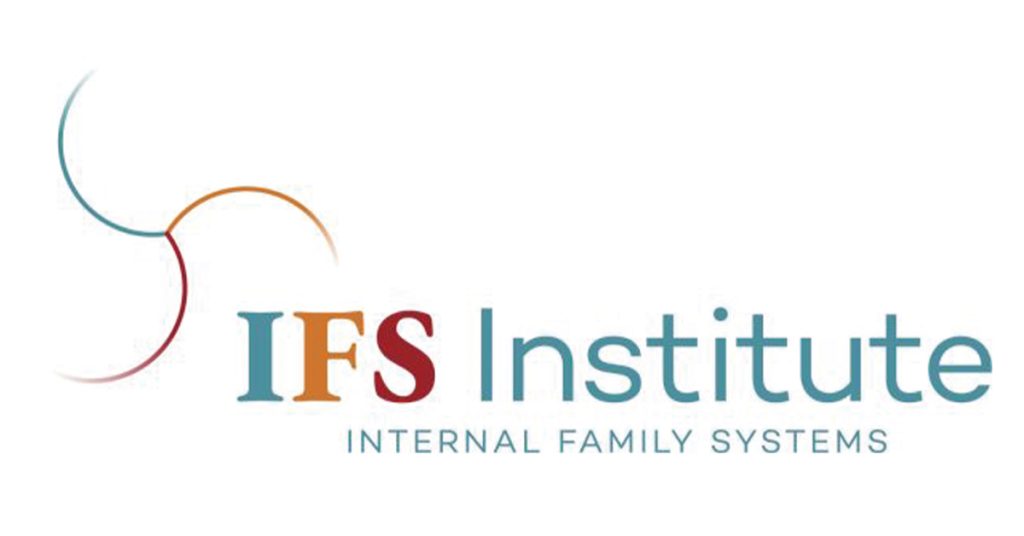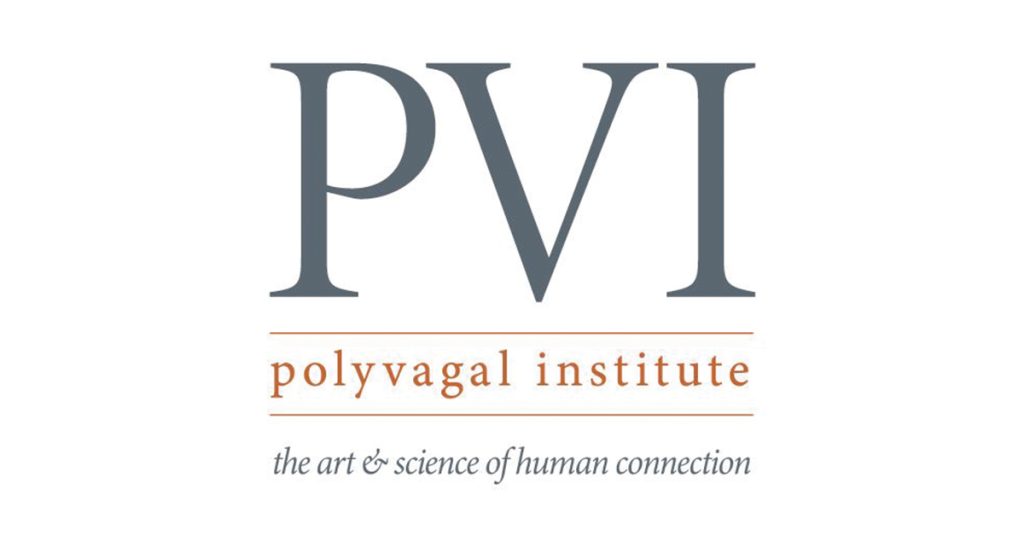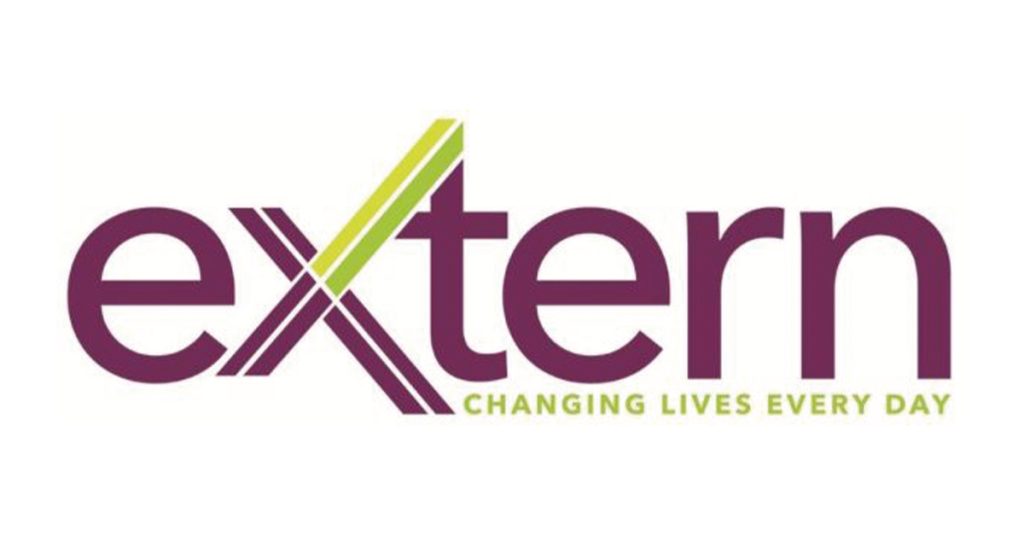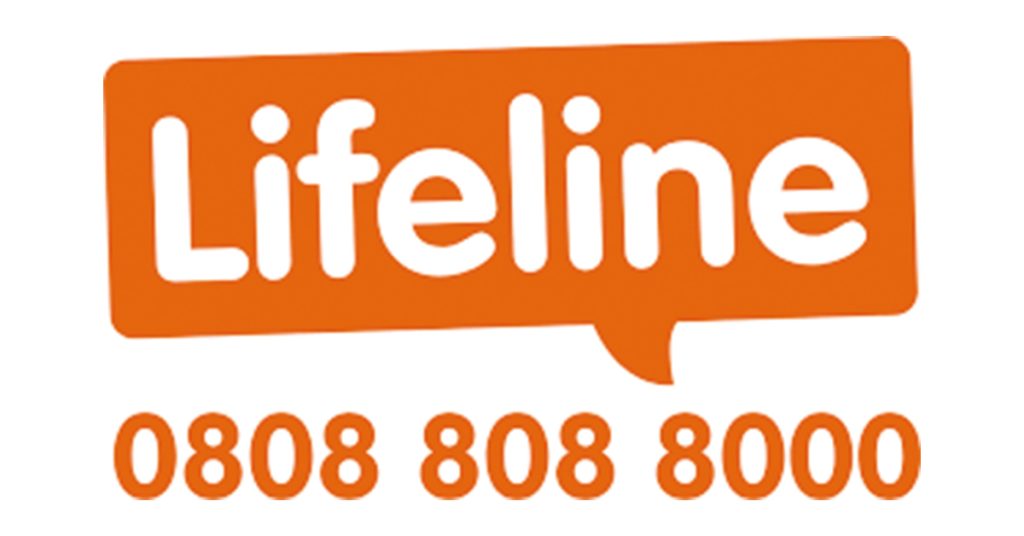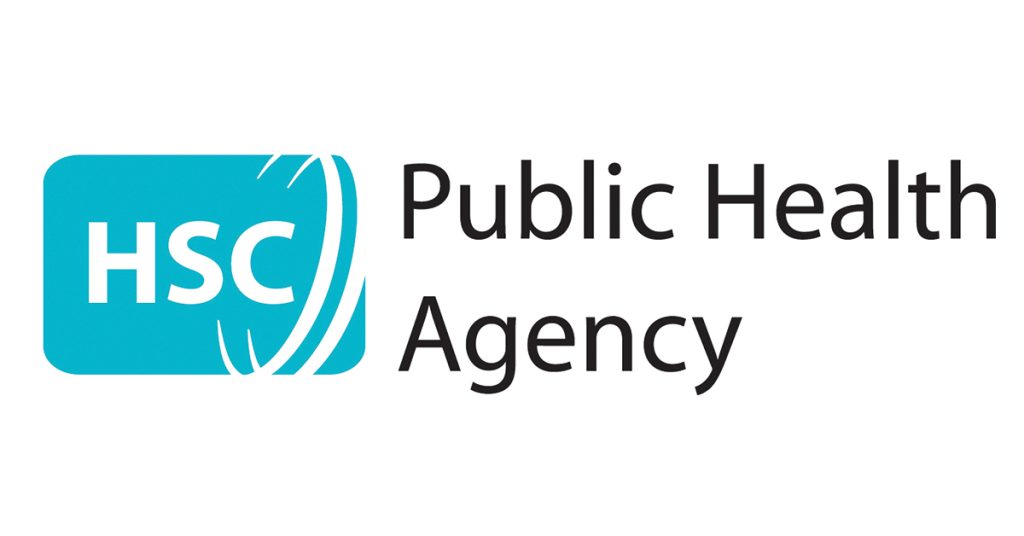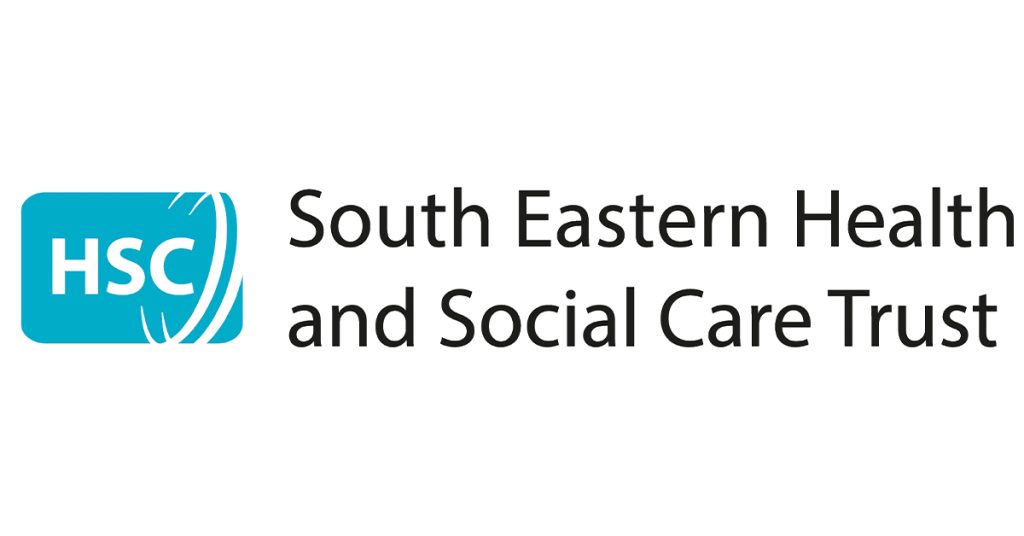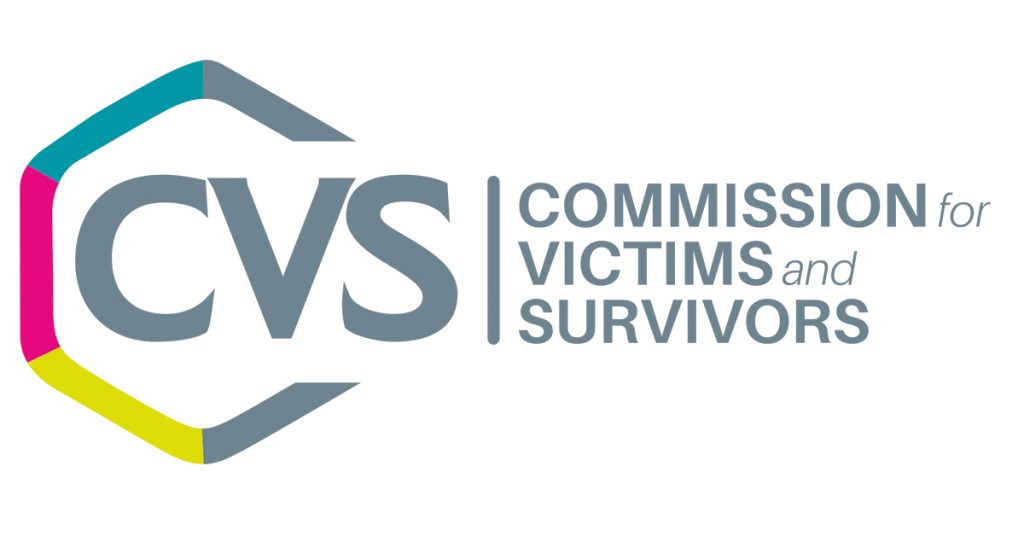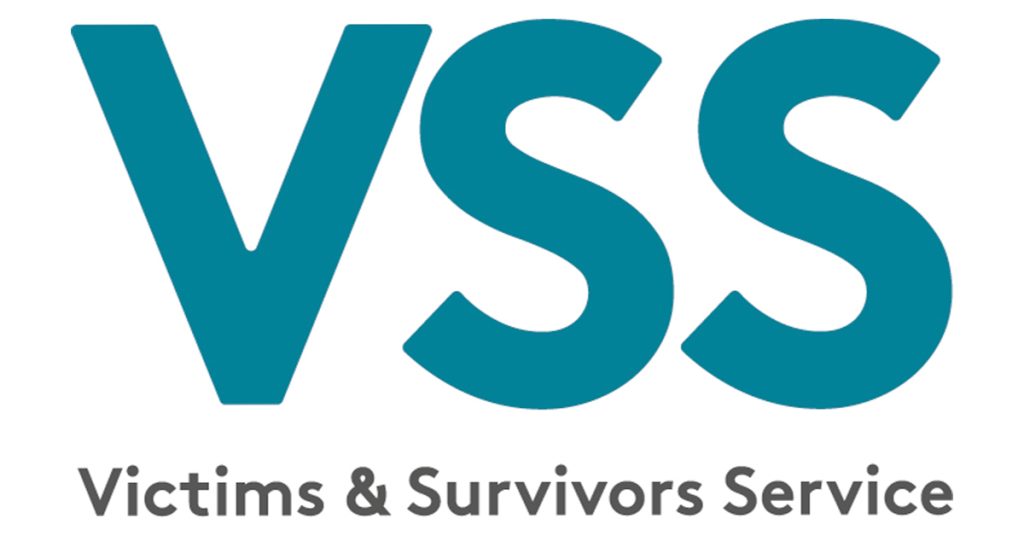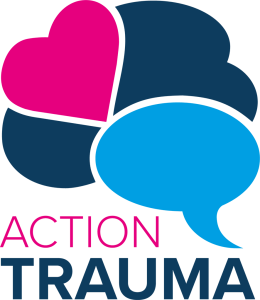
Crowne Plaza Hotel, Belfast
9am – 5.30pm
Neurodiversity Conference 2025 is a dynamic and immersive CPD-accredited event that invites us to rethink assumptions and expand our understanding of neurodiversity. Rooted in both clinical insight and lived experience, this event brings together a range of voices to explore innovative, respectful, and inclusive approaches to mental health and wellbeing.
What to Expect
SUPPORT
We’ll explore ways to support people whose minds work differently - including those who may identify with or have been diagnosed with autism, ADHD, dyslexia, dyspraxia, and other forms of neurodivergence.
UNDERSTANDING
This is a space where therapeutic practice meets real-world experience, where dialogue fosters deeper understanding, and where difference is not something to be fixed, but understood, respected, and supported.
LEARNING
Whether you’re a counsellor, therapist, educator, policymaker, support worker, or someone with lived experience, we invite you to join a community committed to evolving inclusive, affirming & good practice.
Reasons to attend
Earn CPD and Expand Knowledge:
Gain certified CPD hours while learning from clinical experts and individuals with lived experience.
Transform Your Practice:
Discover inclusive, respectful approaches and real-world strategies through experiential workshops.
Engage and Challenge Perspectives
Participate in thought-provoking panels and shift toward embracing diverse minds.
Connect and Inspire
Network with a passionate community and help shape neurodivergent-informed practices across sectors.
Meet the Speakers
See below speakers confirmed...more speakers to be announced
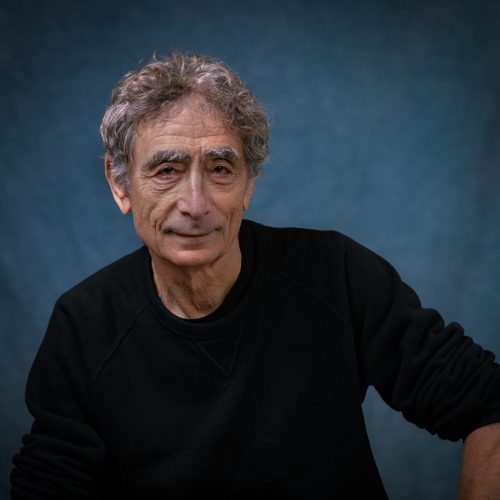
Gabor Maté
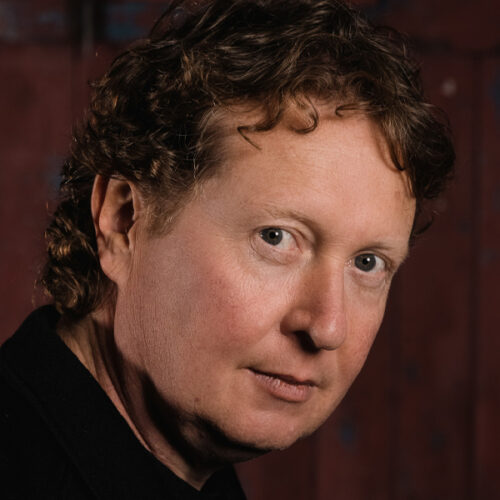
Anthony Gorry
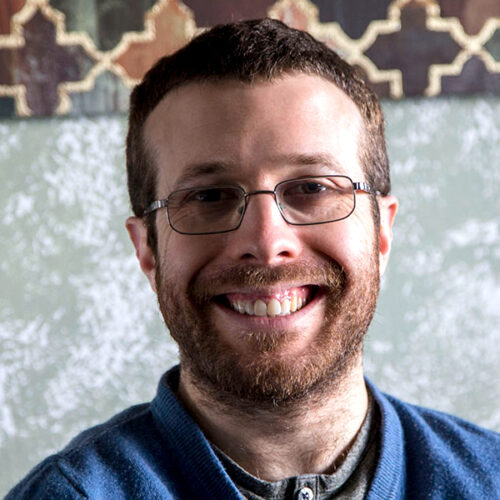
David Hilton
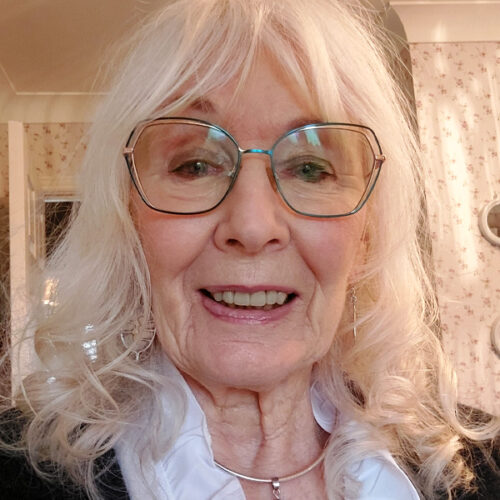
Angela Austin
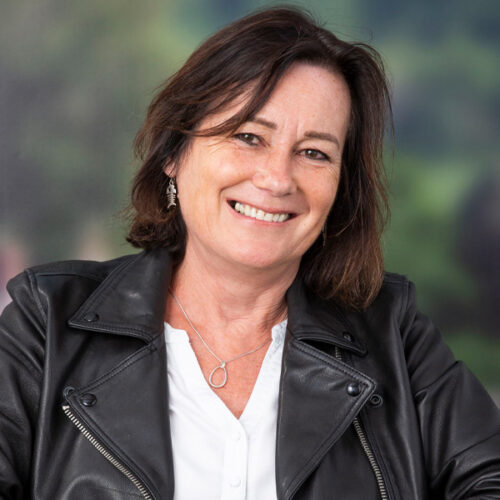
Lucy Johnstone

Louis Weinstock
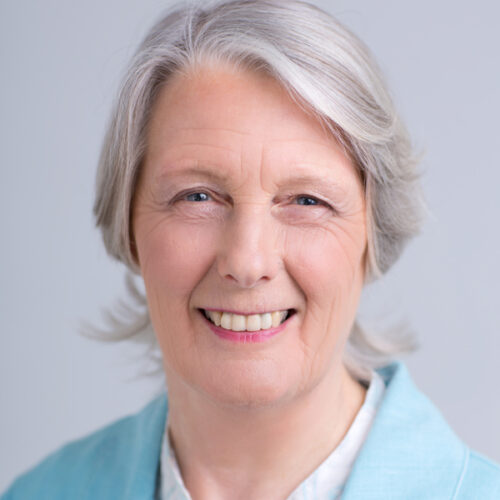
Felicity Evans

Jonathan Drury

A renowned speaker, and bestselling author.
Gabor Maté
Gabor Maté (pronounced GAH-bor MAH-tay) is a retired physician who, after 20 years of family practice and palliative care experience, worked for over a decade in Vancouver’s Downtown East Side with patients challenged by drug addiction and mental illness. The bestselling author of five books published in nearly 40 languages, including the award-winning In the Realm of Hungry Ghosts: Close Encounters With Addiction, Gabor is an internationally renowned speaker highly sought after for his expertise on addiction, trauma, childhood development, and the relationship of stress and illness. For his ground-breaking medical work and writing he has been awarded the Order of Canada, his country’s highest civilian distinction, and the Civic Merit Award from his hometown, Vancouver. His most recent book, The Myth of Normal: Trauma, Illness and Healing in a Toxic Culture is a New York Times and international bestseller.

Anthony Gorry
Anthony Gorry is the co-inventor of Sonocea® and a long-time collaborator of Professor Stephen Porges, founder of Polyvagal Theory. Working closely with Professor Porges, Anthony has dedicated his career to transforming decades of groundbreaking neuroscience into accessible, real-world solutions. As CEO of Sonocea®, he leads the development of Sonic Augmentation Technology™, delivering state-based soundscapes designed to support neurodivergent individuals, families, women’s health, and frontline workers. Anthony’s work bridges Polyvagal-informed science with innovative tools that promote regulation, resilience, and recovery in daily life.
Website:www.sonocea.com

David Hilton
David Hilton is a Level 1 trained practitioner in both Internal Family Systems (IFS) Therapy and Loch Kelly’s Effortless Mindfulness (EM). While he has engaged in extensive formal training, much of David’s deepest understanding stems from personal experience.
Over a decade ago, David was diagnosed with Obsessive-Compulsive Disorder (OCD). More recently, he has also identified as autistic and ADHD parts within his own system (sometimes referred to as AuDHD). These lived experiences have profoundly shaped his approach to healing and therapy.
David’s search for deeper self-understanding eventually led him to discover IFS, a model that transformed his view of mental health. Through IFS, he came to see that he was not “mentally ill,” but rather carrying extreme protective parts guarding deep vulnerability. Today, after years of personal healing work, David feels privileged to support clients—many of whom are neurodivergent themselves—in befriending protectors, unburdening wounded parts, and reconnecting with their authentic Self.
Website:www.mindfulnondualtherapy.com

Angela Austin
Angela Austin has worked in the fields of special educational needs and specific learning difficulties for over 50 years. She has been deputy head of a school for pupils with specific learning difficulties. Angela was Curriculum manager of a residential school for children and young people diagnosed with autistic spectrum. Angela became the leader of a specialist provision for children with speech and language disorder and delay.
After training and qualifying as a psychotherapist, Angela became the founding headteacher of a specialist school for children and young people on the autistic spectrum. She trained her staff to work in a specific way with the pupils and their parents. The school was a low anxiety, therapeutic learning environment. The school was extremely effective and transformed children from highly anxious and difficult to teach children who accessed the curriculum and became part of a community that caused them to feel safe, appropriately empowered and able to become independent.
Angela has trained parents and professionals all over the country, she has also worked within families whose children had a diagnosis of autism from non-verbal children to those who are high functioning. Angela has seen that empowering parents and schools to work together to manage and support anxious children, is key to creating lower anxiety and better life chances for children and young neurodiverse people.
Angela has made a series of videos to help those affected by neurodiversity.

Lucy Johnstone
Dr Lucy Johnstone is a consultant clinical psychologist, author of ‘Users and abusers of psychiatry’ (3rd edition Routledge 2021) and ‘A straight-talking guide to psychiatric diagnosis’ (PCCS Books, 2nd edition 2022); co-editor of ‘Formulation in psychology and psychotherapy: making sense of people’s problems’ (Routledge, 2nd edition 2013); and co-author of ‘A straight talking introduction to the Power Threat Meaning Framework’, 2020, PCCS Books) along with a number of other chapters and articles taking a critical perspective on mental health theory and practice. She is the former Director of the Bristol Clinical Psychology Doctorate in the UK and has worked in Adult Mental Health settings for many years, most recently in a service in South Wales. She is Visiting Professor at London South Bank University, an Honorary Fellow of the BPS, and a Fellow of the Royal Society of Arts.
Lucy was lead author, along with Professor Mary Boyle, for the ‘Power Threat Meaning Framework’ (2018), an alternative to the medicalisation of distress. Lucy is an experienced conference speaker and lecturer, and currently works as an independent trainer. She lives in Bristol, UK.

Louis Weinstock
Louis Weinstock is a psychotherapist, coach, and founder of the award-winning social impact charity Apart of Me. With over 20 years’ experience supporting vulnerable children and adults, his work bridges psychology, spirituality, and social change. Louis pioneered the world’s first therapeutic game for young people experiencing grief and trauma, earning a Points of Light Award from the UK Prime Minister.
His Substack newsletter and community The Heart of Being Human is for people seeking soulful, nuanced, and compassionate ways to navigate the chaos of modern life. His book, How The World Is Making Our Children Mad, And What To Do About It (Penguin Random House), won the Nautilus Gold Award and has inspired leaders, parents, and educators to rethink resilience and success.
Known for bringing a critical, compassionate lens to complex topics, Louis challenges the medicalisation of natural human difference while offering new, relational models. He helps individuals and organisations build ‘islands of sanity’ in an increasingly fast-paced, fragmented world, guiding them beyond labels toward authenticity, relational depth, and sustainable transformation.
Louis believes that in an age of rising polarisation and fragmentation, nuance, courage, and deep connection are our most needed medicine.
Website:www.louisweinstock.com

Felicity Evans
Felicity Evans has dedicated her life to supporting the wellbeing of children, young people, and their families—particularly those navigating the challenges of neurodivergence, trauma, and stress.
Her journey began in the 1970s as a teacher at High Wick, where an innovative approach brought education and health together to support eighteen deeply distressed, withdrawn, or challenging children. Throughout the 1980s, she continued to focus on children with developmental and behavioural needs, deepening her understanding of the links between health and learning.
In the 1990s, as a Special Educational Needs Coordinator (SENCO), Felicity developed inclusive school structures designed to help all children learn with confidence and joy. This ethos led to the founding of NatureKids in 2000—an initiative for children unable to manage in mainstream education. There, Felicity helped each child discover their own potential and thrive in a safe and nurturing environment.
More recently, a transformative encounter with a struggling teenager led Felicity to the science of hypermobility, now recognised as being strongly linked with many aspects of neurodivergence. Her work now centres on sharing the research and tools that address the physical, neurological, and emotional impacts of hypermobility—paving the way for what she calls “Hyper and Happy,” a hopeful and empowering theme for children, parents, and professionals alike. Felicity is currently writing a book entitled Hyper and Happy, which outlines her practical six-step method for supporting neurodivergent children to thrive.
Website:www. felicityevans.co.uk

Founder of Dialogica & Neurodiversity Advocate
Jonathan Drury
Jonathan Drury is a leading practitioner and advocate in the field of Autism and neurodiversity, drawing on both personal experience and professional expertise since 2017. He is the creator of the Autism Dialogue Approach, a therapeutic and strengths-based method designed to empower autistic and neurodivergent individuals, as well as their families, allies, and professionals who support them.
Jonathan’s approach is rooted in a unique synthesis of communication and awareness-raising practices, inspired by physicist David Bohm’s Dialogue method, which he first encountered in 2010 prior to receiving his own diagnosis of Asperger’s and ADHD. This transformative experience led him to pioneer the first Autism Dialogue sessions, marking the beginning of a movement that has since grown into a national community offering training, coaching, and annual conferences.
Through his organisation, Dialogica, Jonathan provides coaching for autistic adults and Dialogue-based training for a wide range of care-based professionals, enabling better communication across neurotypes and fostering inclusive environments where neurodivergent people can thrive, raising self-awareness and reframing their difference as a launch pad for growth and dynamic integration.
Recently, Jonathan served as a trainer of trainers for The Anna Freud Centre and AT-Autism, helping to shape the next generation of NHS Autism Trainers as part of the National Autism Trainer Programme.
His new book, The Autism Dialogue Approach Handbook (Routledge, 2025) offers practical tools and insights for applying the method and is set to become a key resource for practitioners, autistic people, and anyone passionate about neurodiversity.
Website:www.dialogica.uk
Who Should Attend
Helping Professionals
Counsellors, therapists, educators, and support staff seeking inclusive, neurodiversity-informed approaches.
Healthcare and Workplace Leaders
Health, social care, HR professionals, and employers focused on tailored and inclusive environments..
Policy and Advocacy Roles
Policymakers, community leaders, and activists driving systemic change for neurodivergent communities.
Families and Individuals
Parents, carers, students, researchers, and people with lived experience looking to connect and contribute.
Honouring minds. Expanding perspectives. Building inclusive support
Come and network with
